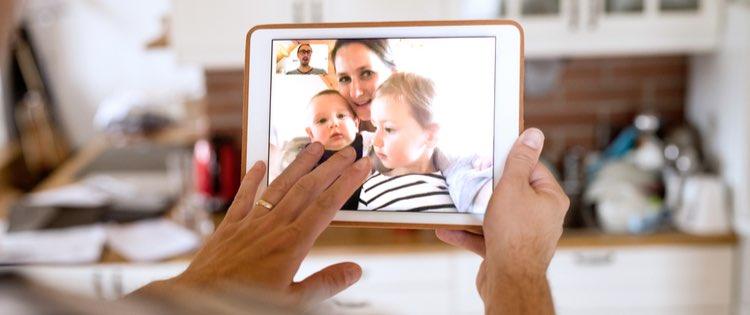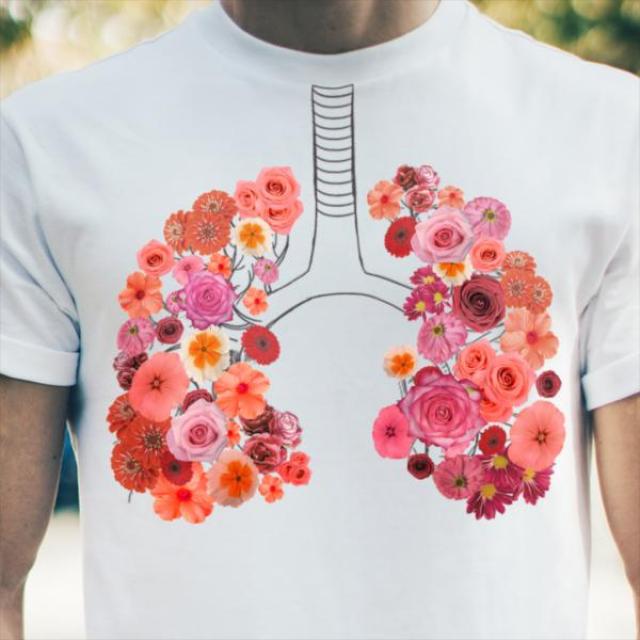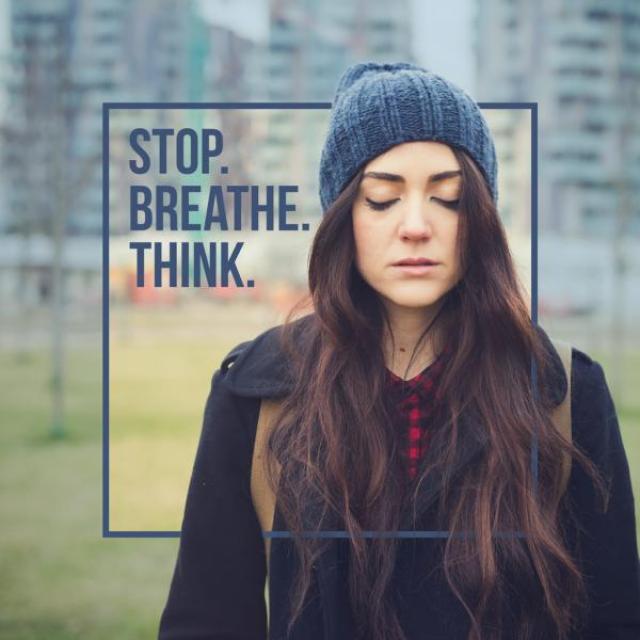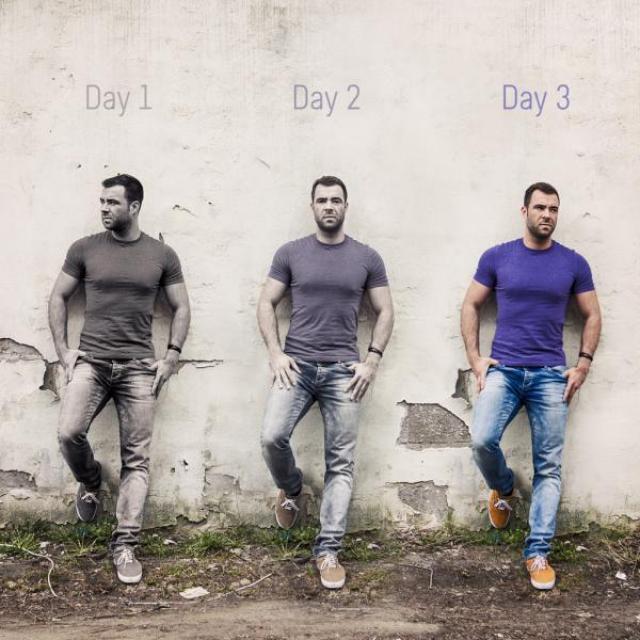COVID-19 has many people feeling stressed, alone, or worried about their health. It’s a lot to deal with if you’re trying to stop smoking or stay smokefree if you've already quit. But not smoking (or using any tobacco products) is one of the best ways to protect and improve your health.

As a smoker, you or the people who care about you may be worried about a connection between COVID-19 and smoking. Scientists are still learning about the disease, but we know that:
- Being a current smoker increases your risk for severe illness from COVID-19.
- Smoking weakens the immune system, which makes it harder for your body to fight disease.
- If you continue to smoke, you have a greater risk for respiratory infections like pneumonia, colds, or flu.
- COVID-19 impacts many of the same organs of the body as smoking. For those with heart or lung disease caused by smoking, you are at increased risk for severe illness from COVID-19.
But there is good news: Soon after you stop smoking your body begins to heal. Within the first few weeks and months, your lungs start to work better and your risk for a heart attack goes down. The longer you go without smoking, the more time your body has to recover. No matter how old you are or how long you've been smoking, quitting smoking improves your health and can add years to your life.
Quit Smoking Resources
There are many free or low-cost resources that can help you quit. Begin by creating a plan and then try some other tools to see what works for you.
- Create a personalized quit plan to help guide you.
Sign up for Smokefree TXT to get daily messages of tips, strategies, and support.
Download a Smokefree app. Our quitSTART app can help you learn how to quit, manage cravings, and track your quit journey. Available for download on:
- Visit Smokefree on social media. Stay connected and grow your support network.
- Talk to a quit coach. Call 1-800-QUIT-NOW (1-800-784-8669) to be connected to your state’s quitline. Trained counselors will provide you with tips and tools for quitting, and may be able to help you get free or reduced-cost nicotine replacement therapy medications. Or call the National Cancer Institute Quitline at 1-877-44U-QUIT (1-877-448-7848) Monday through Friday from 9:00 a.m. to 9:00 p.m for quitting help in English or Spanish.
- Chat with a quit smoking counselor. The National Cancer Institute’s LiveHelp service is available Monday through Friday, 9:00 a.m. to 9:00 p.m. Eastern time. Also available in Spanish.
- If you’re pregnant, learn more tips about quitting while pregnant. Pregnant women are at higher risk for severe illness from COVID-19. And, you could have worse pregnancy outcomes, such as preterm birth, if you have COVID-19. During pregnancy, it is always important for you to try to protect yourself from illnesses whenever possible.
It’s Always a Good Time to Quit
There has never been a better time to quit smoking. If you slipped or have returned to smoking, recommit to living without cigarettes. Quitting is not easy for most people, but there are things you can do to protect yourself and others during the COVID-19 pandemic:
- Learn about nicotine withdrawal. Common withdrawal symptoms include irritability, poor sleep, difficulty concentrating, or increased appetite. Sometimes people report that they feel like they have a cold or mild flu symptoms after they stop smoking. Call your doctor if you are concerned that you may have symptoms associated with COVID-19.
- Try a quit smoking medication. Consider using one or more of the seven FDA-approved prescription and over-the-counter medications that can more than double your chances of quitting smoking. Your doctor can talk to you about which ones might be right for you and how to combine medications.
- Manage your stress and be kind to yourself. The stress and anxiety caused by the COVID-19 pandemic can cause you to slip and start smoking after you quit. If you do slip, don’t be too hard on yourself.
- Look out for signs of depression. If you or someone you know is in distress or having suicidal thoughts, get help now. Call or text 988 or chat online for 24-hour, free and confidential support from trained counselors. Para obtener asistencia en español durante las 24 horas, llame al 988.
- Don’t give up. If you had a slip or started to smoke again because COVID-19 is stressing you out, set a new quit date and try again. It takes most people many tries to quit for good.
- Learn about secondhand smoke and make smokefree rules at home. Don’t smoke in your home or in your car and don’t allow others to smoke there either. Ask the smokers in your home to keep their cigarettes and lighters out of sight and to shower or change clothes after they smoke.
- Focus on the things you can control. COVID-19 has created a lot of uncertainty. Try to focus on what you can control right now instead of getting caught up in worrying about what’s next. Practicing mindfulness may help you stay focused or get through an urge to smoke.









